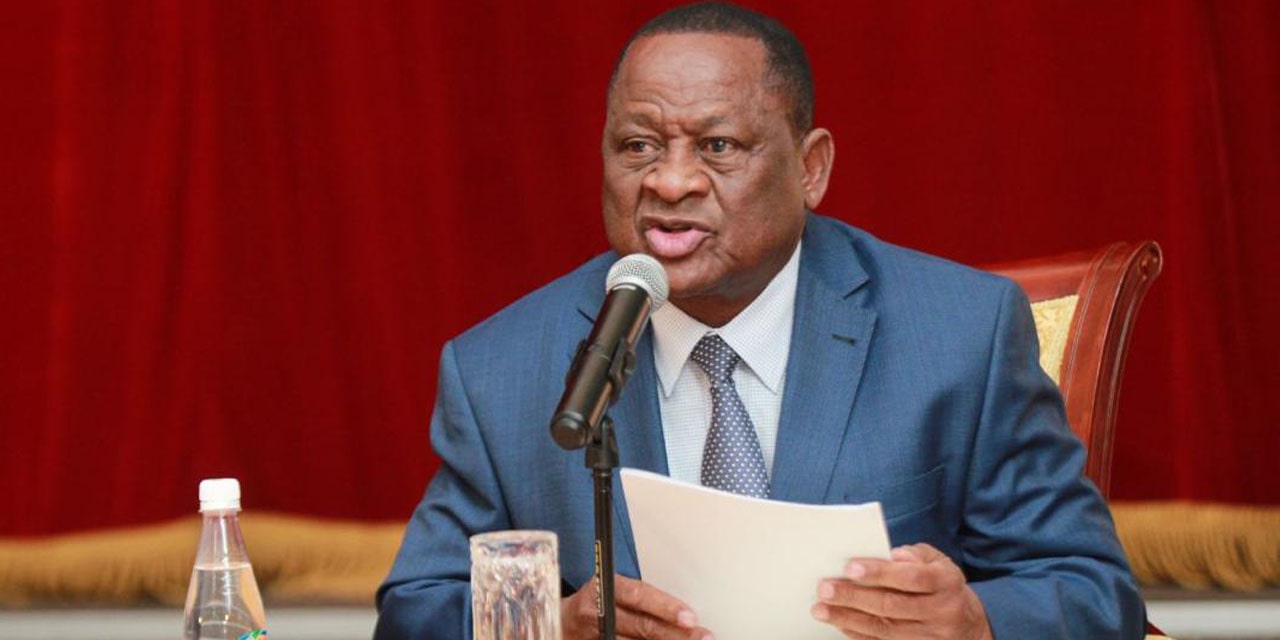Niël Terblanché
Despite the World Health Organization (WHO) declaring that Covid-19 no longer represents a global health emergency, Namibians might still get infected with the latest evolution of the SARS-CoV2 virus.
The Minister of Health and Social Services, Kalumbi Shangula, has warned Namibians that although the danger of the illness brought on by the virus has waned, infection is still possible and that immune-compromised individuals might still experience adverse effects from it.
“Because of all the steps we took in concert with the international community, Namibia moved out of the health emergency status in July 2022 already. Other countries in the world continued with the high emergency status to keep their much larger populations from still getting infected,” he said.
The health Minister agreed that the announcement by the WHO represents a major step towards ending the pandemic.
The WHO’s announcement comes three years after it first declared the highest level of alert over the virus.
In statements to international media outlets officials of the WHO said the virus’ death rate had dropped from a global peak of more than 100 000 people per week in January 2021 to just over 3 500 on 24 April 2023.
Tedros Ghebreyesus, the head of the WHO said in the WHO’s announcement at least seven million people died in the pandemic.
Ghebreyesus, however, added that the true figure was likely closer to 20 million deaths – nearly three times the official estimate – and he warned that the virus remained a significant threat.
According to Ghebreyesus, the Emergency Committee of the WHO met for the 15th time and recommended to him that he could declare an end to the public health emergency of international concern.
“I’ve accepted that advice. It is therefore with great hope that I declare that COVID-19 as a global health emergency is a thing of the past,” Ghebreyesus said.
The WHO head stated that the decision had been considered carefully for some time and made on the basis of careful analysis of data.
He, however, warned the removal of the highest level of alert did not mean the danger was over and said the emergency status could be reinstated if the situation changed.
“The worst thing any country can do now is to use this news as a reason to let down its guard, to dismantle the systems it has built, or to send the message to its people that COVID-19 is nothing to worry about,” he said.
The World Health Organization first declared Covid-19 to be a public health emergency of international concern (PHEIC) in January 2020 and this step signalled the need for coordinated global action to protect people from the virus.
Ghebreyesus said that it will now be up to individual countries to continue to manage Covid in the way they think best.
Shangula said that Namibians are still able to vaccinate against the virus to avoid serious illness and death.
“I also think it would be prudent for all Namibians to keep on with the practices we learned during the onset and duration of the pandemic. The washing of hands and other sanitary practices helped us to quickly bring the virus under control and continuing with it, will keep us from getting infected with other preventable diseases,” he said.
Shangula mentioned that the use of vaccines and the advent of the Omicron variant of the SARS-CoV2 afforded Namibians enough immunity for him to declare that the emergency situation in the country was over long before the rest of the world could declare the same.




